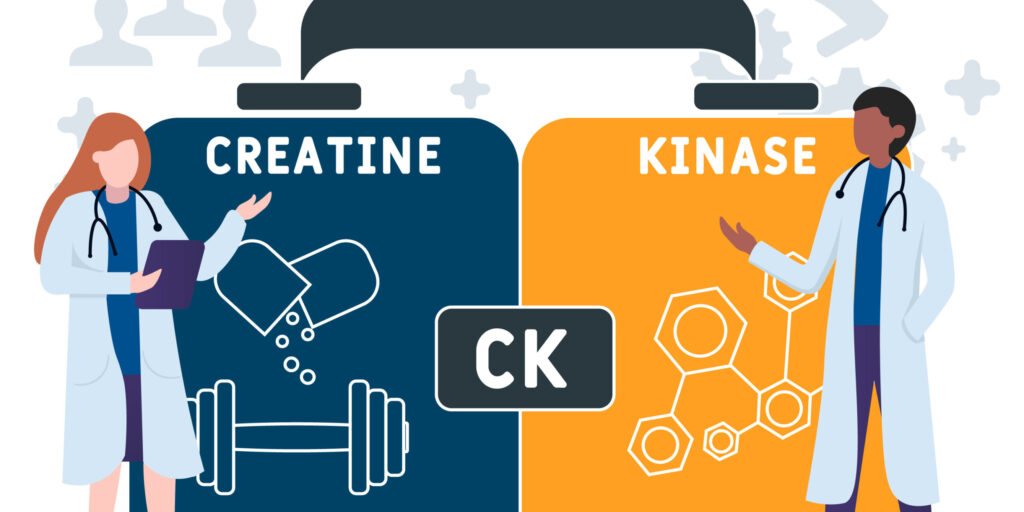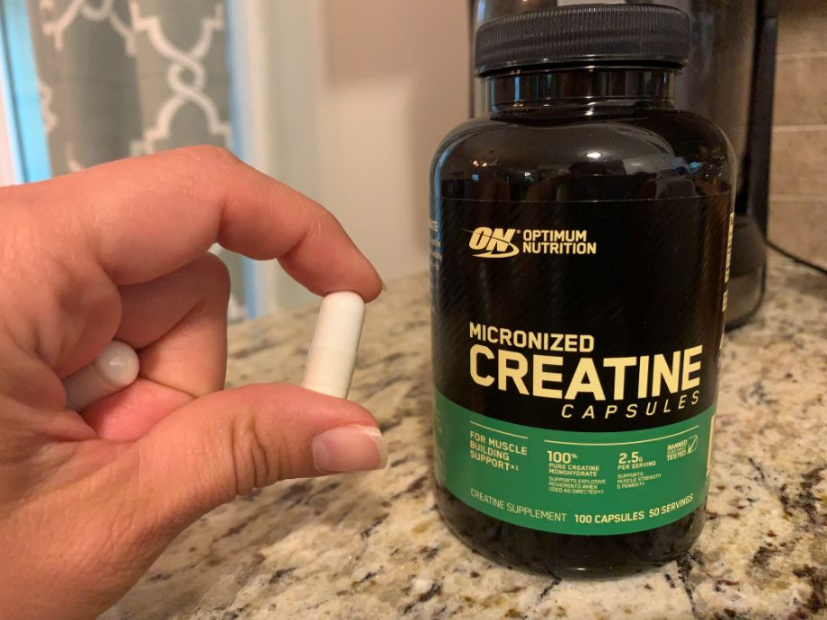Is Creatine Bad For 14 Year Olds
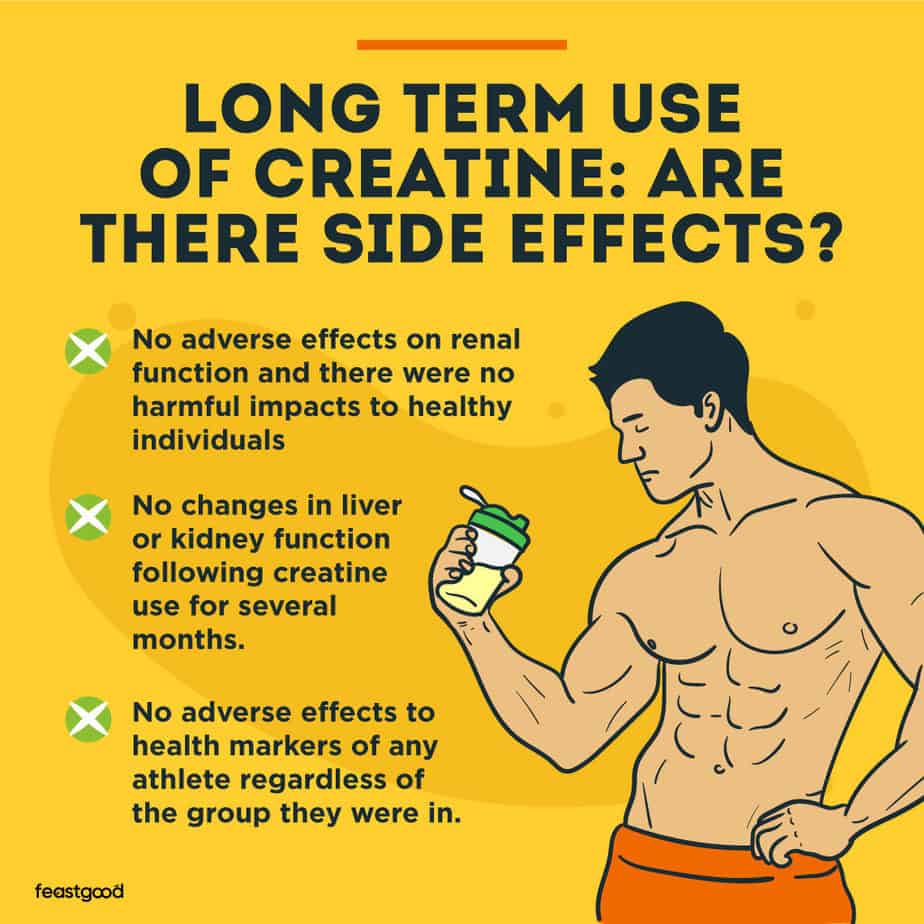
The image is stark: a teenager collapses on the basketball court, clutching their chest, fueled by supplements they bought online. While this is an extreme and largely unsubstantiated scenario, it reflects a growing concern among parents, educators, and healthcare professionals: the rising popularity of creatine supplementation among adolescents, particularly 14-year-olds. Is it a harmless aid for athletic performance, or a potentially dangerous shortcut with unforeseen health consequences for still-developing bodies?
This article delves into the complex and often debated topic of creatine use in 14-year-olds. It examines the scientific evidence, expert opinions, and potential risks and benefits, offering a balanced perspective to help parents, coaches, and young athletes make informed decisions. The goal is to separate fact from fiction and provide a comprehensive understanding of the issue.
What is Creatine and How Does it Work?
Creatine is a naturally occurring compound found in muscle cells. It plays a crucial role in energy production, particularly during high-intensity activities.
When supplemented, creatine increases the availability of ATP (adenosine triphosphate), the primary energy currency of the cell. This can lead to improvements in strength, power, and muscle mass, especially when combined with resistance training.
The Rise in Popularity Among Young Athletes
Fueled by professional athletes and social media influencers, creatine has gained significant traction among young athletes. Many believe it's a quick and easy way to gain a competitive edge.
The pressure to excel in sports, coupled with readily available information (and misinformation) online, contributes to the increasing use of supplements like creatine at younger ages.
Official Stance: What Do the Experts Say?
The American Academy of Pediatrics (AAP) does not recommend creatine supplementation for adolescents. They emphasize the importance of a balanced diet and proper training.
The International Society of Sports Nutrition (ISSN), while generally supportive of creatine use in adults, acknowledges that more research is needed on its long-term effects in adolescents. They recommend that adolescents considering creatine should be under the guidance of a qualified healthcare professional.
Potential Benefits: Is There a Case for Creatine?
Some studies suggest that creatine supplementation may improve athletic performance in adolescents, particularly in sports that require bursts of power and strength. These potential benefits, however, need to be weighed against the potential risks.
A meta-analysis published in the Journal of Strength and Conditioning Research indicated that creatine supplementation, combined with resistance training, could lead to modest improvements in muscle strength and power output in young athletes. This potential enhancement must be seen within the context of overall health and development.
The Risks: What Could Go Wrong?
One of the primary concerns is the lack of long-term studies on the effects of creatine supplementation on developing bodies. Adolescence is a period of significant growth and hormonal changes, and the impact of creatine on these processes is not fully understood.
Potential side effects of creatine supplementation include gastrointestinal distress (stomach cramps, nausea, diarrhea), dehydration, and muscle cramping. These side effects are often mild and temporary but can be more pronounced in some individuals.
Furthermore, there are concerns about the quality and purity of creatine supplements. Some products may contain contaminants or undisclosed ingredients that could be harmful.
The Kidney Question: A Major Concern
While research in adults has largely debunked the myth that creatine damages the kidneys, caution is still advised for adolescents. Individuals with pre-existing kidney conditions should absolutely avoid creatine supplementation.
The developing kidneys of a 14-year-old may be more vulnerable to the potential stresses of increased creatine intake. This is a significant point of contention among medical professionals.
The Importance of Informed Consent and Medical Supervision
If a 14-year-old is considering creatine supplementation, it is crucial that they do so under the guidance of a pediatrician, sports medicine physician, or registered dietitian. This professional can assess the individual's health status, evaluate the potential risks and benefits, and monitor for any adverse effects.
Open communication between the athlete, their parents, and healthcare professionals is essential. It ensures informed consent and helps minimize potential risks.
Alternative Strategies: Focusing on the Fundamentals
Before considering supplementation, young athletes should prioritize a balanced diet, adequate hydration, and proper training techniques. These are the cornerstones of athletic development.
A well-rounded diet that includes sufficient protein, carbohydrates, and healthy fats can provide the necessary nutrients for muscle growth and energy production. Emphasizing proper nutrition and training will yield results without the potential hazards associated with supplement use.
The Future of Creatine Research in Adolescents
More research is needed to fully understand the long-term effects of creatine supplementation on developing bodies. Future studies should focus on the impact of creatine on hormonal levels, kidney function, and bone growth in adolescents.
Larger, well-controlled trials are necessary to determine the optimal dosage and duration of creatine supplementation for this age group. Robust scientific research will shed light on the overall safety profile of creatine use.
Conclusion: A Cautious Approach is Key
While creatine may offer some benefits for athletic performance in adolescents, the potential risks, particularly the lack of long-term data, warrant a cautious approach. It is generally not recommended for 14-year-olds.
Parents, coaches, and young athletes should prioritize a balanced diet, proper training, and medical supervision. These strategies are paramount for maximizing athletic potential while minimizing potential health risks. Informed decisions, driven by scientific evidence and expert guidance, are crucial to ensure the well-being of young athletes.
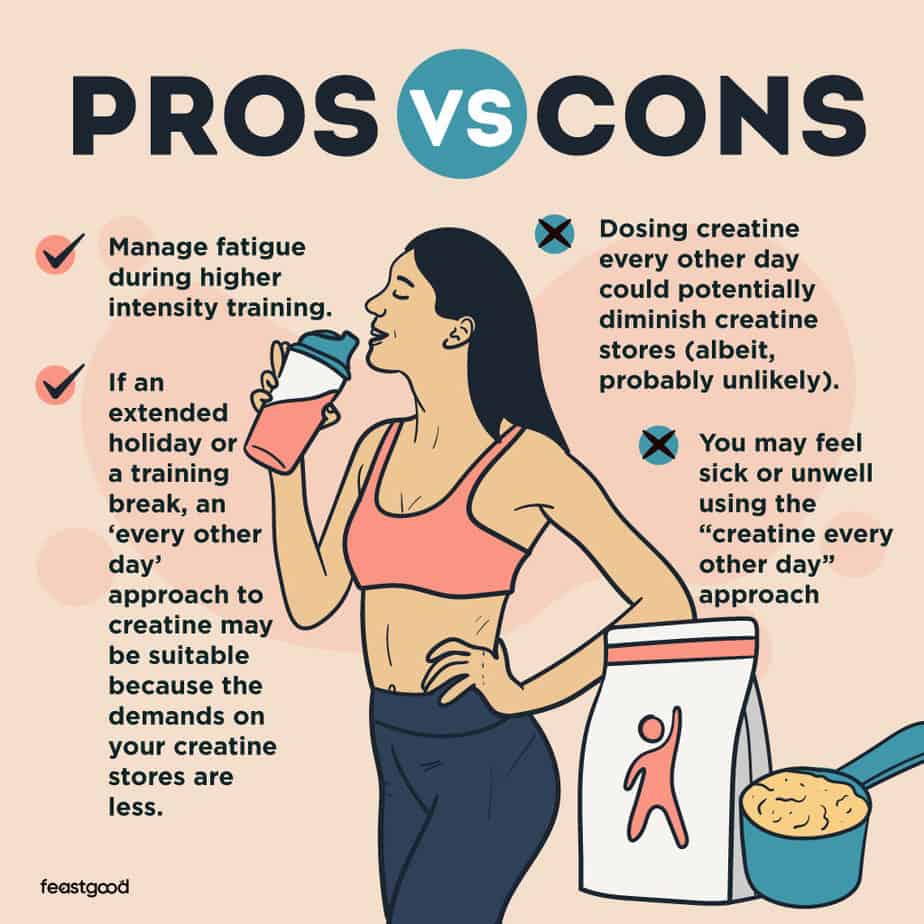
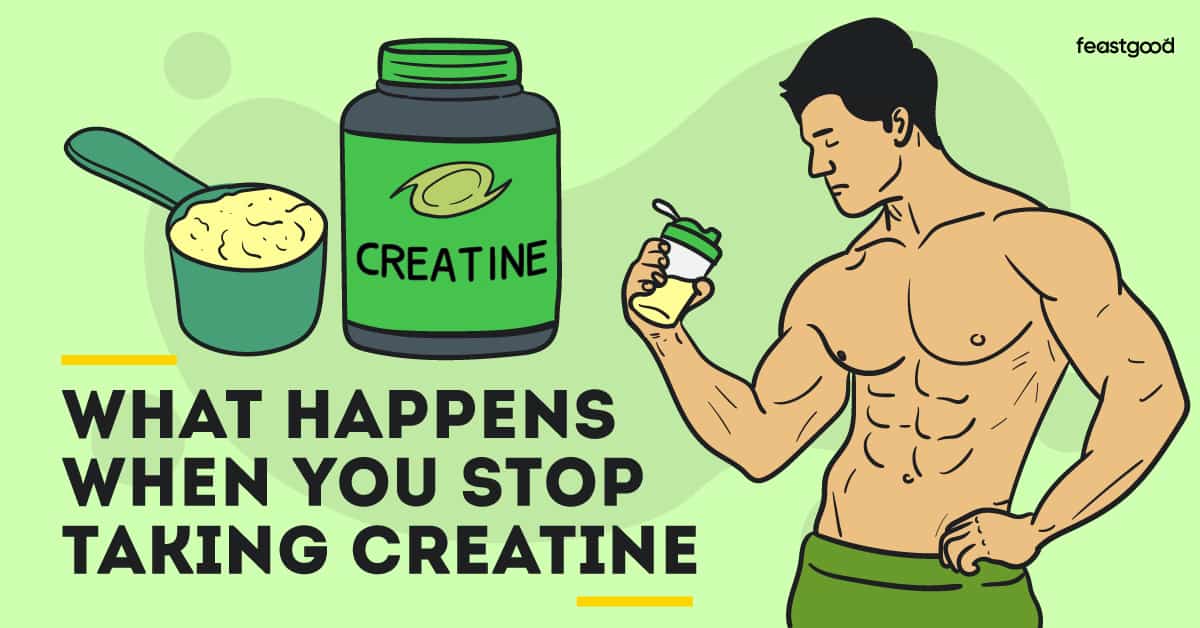

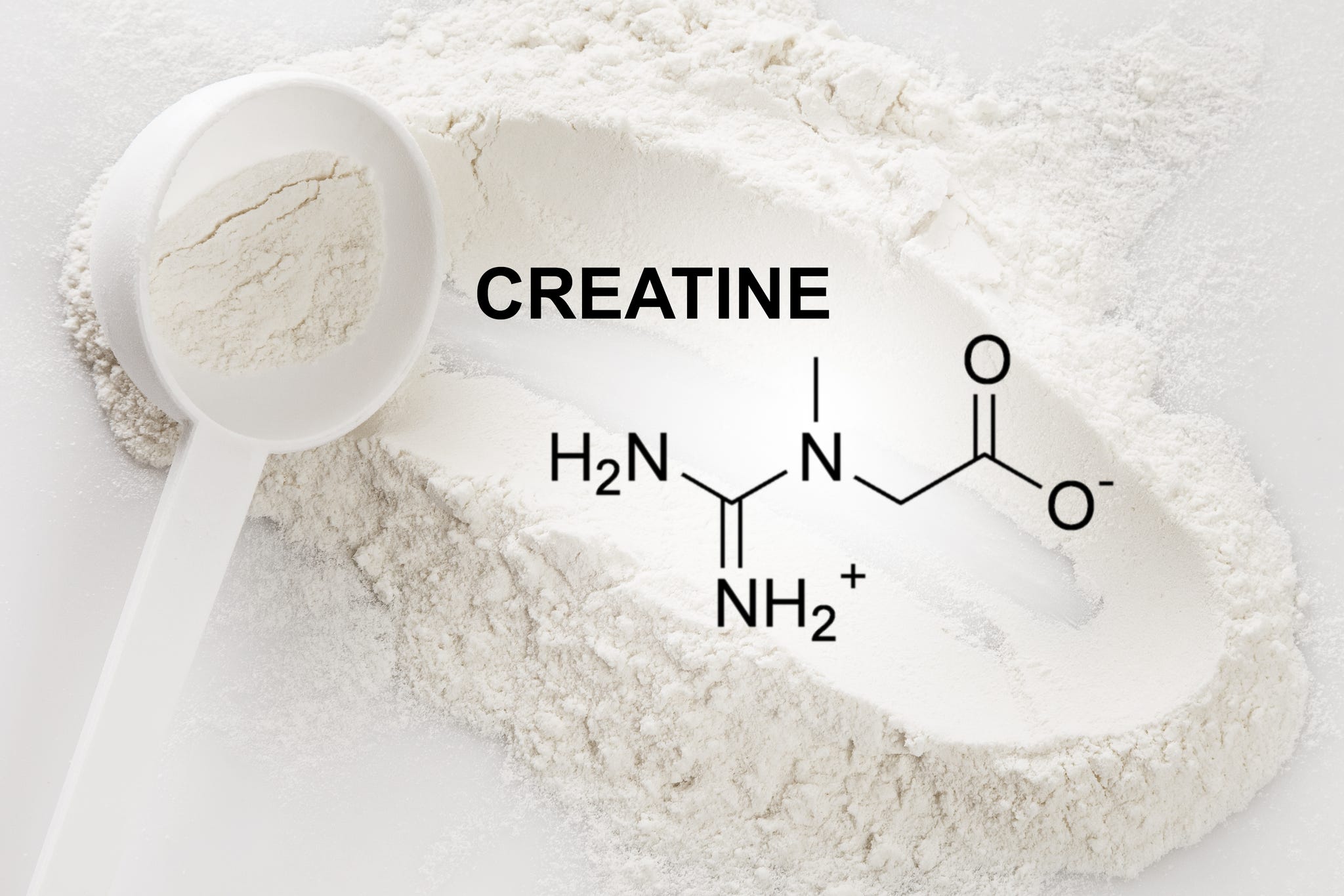



![Is Creatine Bad For 14 Year Olds Creatine for Teens [7 Tips for Using It Safely] - YouTube](https://i.ytimg.com/vi/jdpTbAtVVMg/maxresdefault.jpg)

